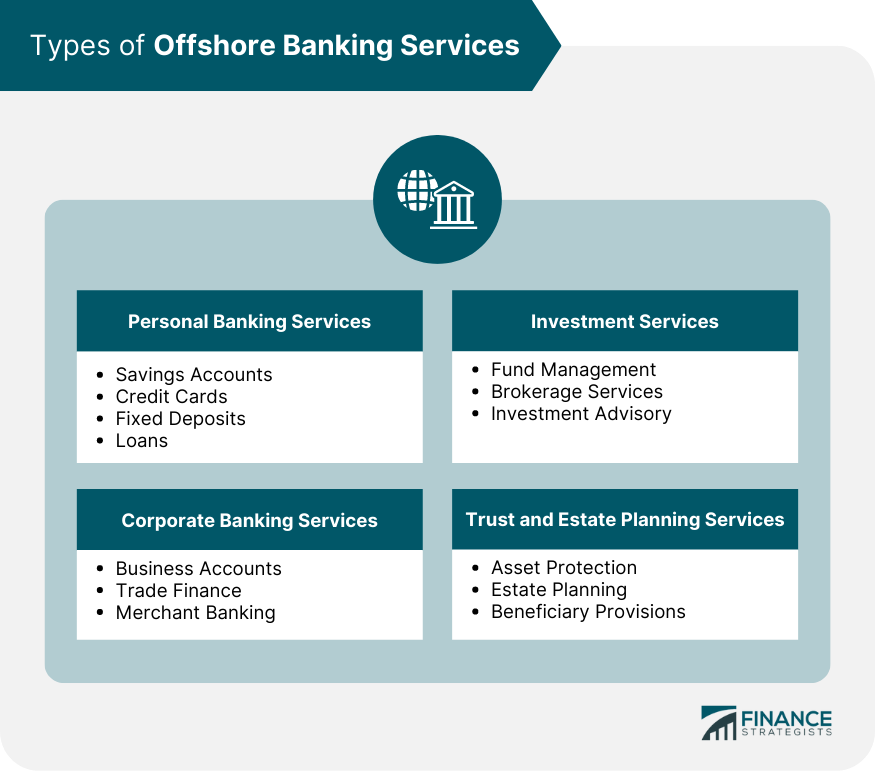Expert Insights on Navigating Offshore Business Development Effectively
The intricacies included in navigating the intricacies of overseas company development can be discouraging for even experienced business owners. As we dig right into the nuances of selecting the best jurisdiction, recognizing legal demands, handling tax obligation implications, establishing financial connections, and guaranteeing compliance, a wide range of knowledge awaits those looking for to master the art of overseas business formation.

Picking the Right Territory
When taking into consideration offshore company development, choosing the proper territory is an essential choice that can considerably affect the success and procedures of the service. Each jurisdiction offers its own set of lawful structures, tax guidelines, personal privacy laws, and financial motivations that can either profit or hinder a business's purposes. It is vital to carry out extensive research study and seek specialist guidance to make certain the selected jurisdiction straightens with the business's objectives and needs.
Aspects to consider when picking a jurisdiction consist of the financial and political security of the region, the convenience of operating, the degree of monetary privacy and confidentiality provided, the tax obligation effects, and the regulative environment. Some jurisdictions are recognized for their favorable tax obligation frameworks, while others prioritize privacy and possession security. Comprehending the unique characteristics of each territory is important in making a notified choice that will support the lasting success of the offshore company.
Inevitably, picking the appropriate territory is a critical action that can give opportunities for development, property security, and operational performance for the overseas company.
Understanding Lawful Needs
To make sure compliance and authenticity in offshore firm development, a comprehensive understanding of the legal demands is important. Various territories have differing lawful frameworks governing the establishment and operation of offshore companies. It is vital to carry out comprehensive research study or seek specialist advice to comprehend the specific lawful stipulations in the picked territory. Usual legal requirements might consist of registering the business with the appropriate governmental bodies, adhering to anti-money laundering regulations, keeping precise financial documents, and fulfilling tax obligation responsibilities. Additionally, comprehending the reporting needs and any type of essential disclosures to regulative authorities is vital for ongoing conformity. Failure to abide by legal needs can result in extreme consequences, such as penalties, charges, or even the dissolution of the offshore firm. For that reason, remaining notified and approximately day with the lawful landscape is vital for efficiently browsing overseas business development and ensuring the long-term sustainability of the company entity.
Navigating Tax Ramifications
Recognizing the detailed tax implications linked with overseas business development is critical for making sure compliance and optimizing monetary methods. Offshore business often give tax obligation advantages, however navigating the tax landscape calls for detailed understanding and proper preparation.

In addition, transfer pricing laws have to be very carefully assessed to make certain deals between the offshore entity and relevant parties are performed at arm's length to prevent tax evasion accusations. Some jurisdictions use tax obligation incentives for specific sectors or activities, so comprehending these incentives can aid take full advantage of tax obligation savings.
Furthermore, keeping up to date with progressing worldwide tax guidelines and conformity requirements is crucial to stay clear of penalties and preserve the firm's track record. Looking for specialist suggestions from tax professionals or experts with experience in overseas tax obligation issues can provide important insights and make certain Clicking Here a smooth tax preparation process for the offshore firm.
Setting Up Banking Relationships
Establishing reliable and protected banking connections is an important step in the process of overseas business development. When establishing up banking partnerships for an offshore firm, it is vital to choose credible economic institutions that supply services tailored to the specific requirements of international businesses.
In addition, before opening up a bank account for an overseas company, detailed due persistance procedures are generally required to confirm the legitimacy of business and its stakeholders. This may include supplying comprehensive documents about the business's activities, source of funds, and beneficial owners. Constructing a clear and participating relationship with the selected bank is crucial to browsing the complexities of offshore financial effectively.
Ensuring Compliance and Reporting
After developing safe banking partnerships for an offshore business, the next essential action is guaranteeing conformity and reporting steps are diligently followed. Compliance with global laws and local legislations is paramount to maintain the legitimacy and track record of the overseas entity. This includes sticking to anti-money laundering (AML) and know your consumer (KYC) requirements. Routine coverage obligations, such as monetary statements and tax obligation filings, have to be met to remain in great standing with regulatory authorities. Involving lawful and financial professionals with experience in offshore jurisdictions can aid browse the intricacies of conformity and reporting.

Failure to adhere to regulations can result in serious penalties, fines, and even the cancellation of the offshore firm's certificate. For that reason, staying proactive and vigilant in making certain conformity and reporting needs is crucial for the long-lasting success of an offshore entity.
Conclusion
To conclude, efficiently navigating overseas firm formation needs mindful factor to consider of the jurisdiction, legal demands, tax ramifications, financial relationships, conformity, and reporting. By comprehending these key aspects and guaranteeing adherence to regulations, companies can establish a strong structure for their offshore procedures. It is vital to look for expert support and know-how to browse the intricacies of overseas company development effectively.
As we dive right into the subtleties of picking the appropriate jurisdiction, recognizing lawful requirements, news handling tax resource implications, developing financial connections, and making certain compliance, a wide range of understanding waits for those looking for to understand the art of offshore firm development.
When thinking about overseas business development, choosing the proper territory is a vital choice that can considerably influence the success and operations of the organization.Comprehending the intricate tax obligation effects associated with offshore firm formation is crucial for guaranteeing conformity and optimizing financial techniques. Offshore firms frequently provide tax advantages, yet browsing the tax obligation landscape needs comprehensive understanding and appropriate planning.In final thought, effectively browsing offshore firm formation requires mindful factor to consider of the jurisdiction, legal requirements, tax effects, financial relationships, compliance, and coverage.